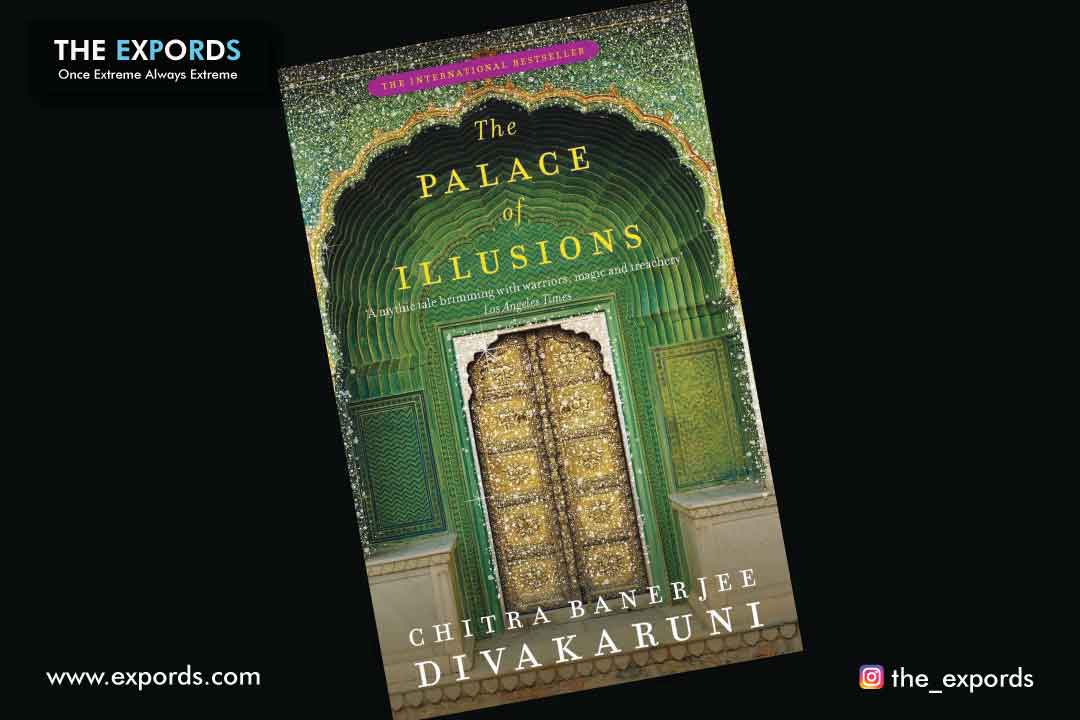

8 ‘By your own act, you bound yourself.7 ‘You no longer care what people think of you, and that has given you great freedom’.6 ‘If Lokas existed at all, good women would surely go to one where men were not allowed so that they could finally be free’.5 ‘Expectations are like hidden rocks in your path- all they do is trip you’.4 ‘The force of a person’s believing seeps into those around him- into the very earth and air and water- until there’s nothing else’.3 ‘A problem is a problem only if you believe it to be so’.2 ‘Ability is more important than the accident of birth’.1 Everyone you meet plays a role in your journey.The arresting power and tragedy of the Vedic doctrine of karma that illustrates the grand ancient epic ultimately crushes this novel. Dreams and foretold destinies are fulfilled with disheartening alacrity. There are gender-changing, celestial astras (weapons), gods in disguise, epiphanies and many other marvelous events, but there is also no suspense or tension. As soon as Panchaali marries the five Pandava brothers, the promise of the novel begins to fade. Unfortunately, the fun is quickly spoiled. They add to it, they go back in time, or another character, their nurse Dhai Ma, mixes what actually happened with things that should have happened. Using a meta-fiction device, the author has Panchaali and her twin brother Dhri interrupt the flow of a story-the story of their unusual birth.

The Palace of Illusions starts fascinatingly.

Set in a mythic age, “when the lives of men and gods still intersected,” this new novel from feminist writer Divakaruni retells the story of the Indian epic Mahabharat from an original point of view, that of Panchaali, the wife of the five brothers of the epic tale, an extraordinary princess born out of Fire and destined to “change the course of history.”


 0 kommentar(er)
0 kommentar(er)
